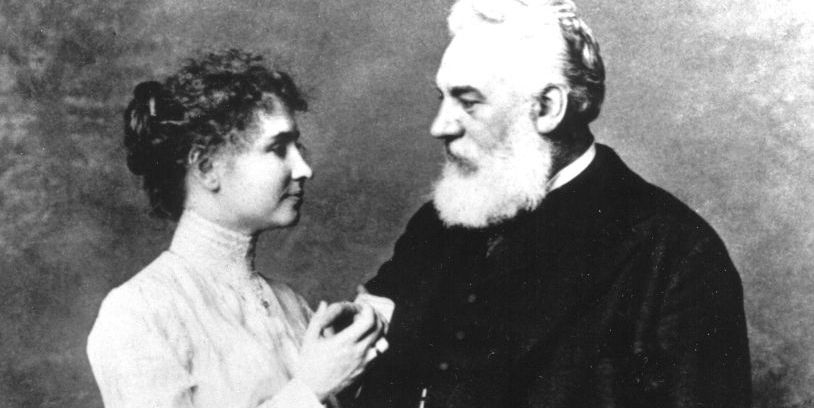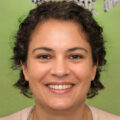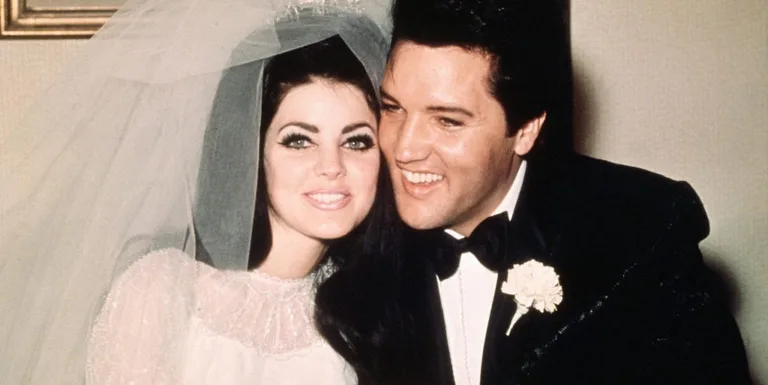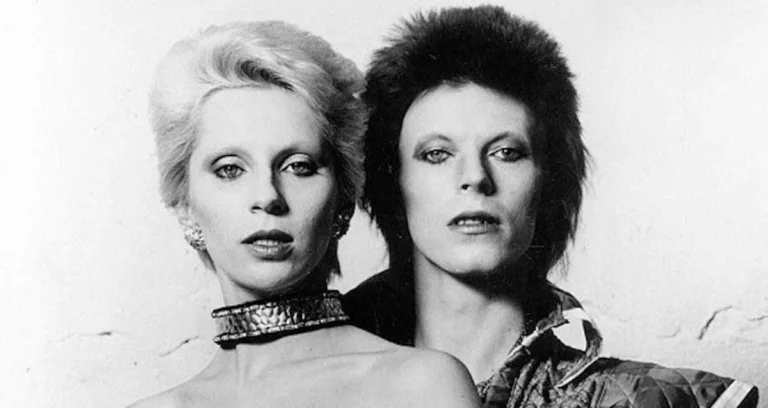This article explores the remarkable bond between two pioneering figures who left an indelible mark on history: Alexander Graham Bell and Helen Keller. While both achieved extraordinary things independently, their paths intertwined in a way that profoundly impacted each other’s lives and legacies.
Alexander Graham Bell, celebrated for his groundbreaking inventions like the telephone and phonograph, was deeply committed to improving the lives of deaf individuals. His passion stemmed from his family history and scientific research on voice and deafness. He understood firsthand the challenges faced by those who couldn’t hear and dedicated a significant portion of his life to advocating for their rights and access to education.
Enter Helen Keller, a young woman whose world was tragically darkened by illness, leaving her both blind and deaf. Their paths crossed in 1886, marking the beginning of a lifelong friendship that transcended physical limitations. Helen Keller and Alexander Graham Bell Recognized Each Other’s strengths and shared a common goal: to empower individuals with disabilities and Break Down Societal Barriers.
Alexander Graham Bell & Deaf Advocacy
Alexander Graham Bell’s commitment to the deaf community wasn’t just a passing interest; it was a deeply ingrained passion that shaped his life’s work. His family history played a significant role in this dedication. His mother and wife were both Profoundly Deaf, exposing him to the challenges and triumphs of living in a hearing world. This firsthand experience fueled his desire to improve communication and access for those with hearing impairments.
Beyond personal connections, Bell was driven by scientific curiosity. He delved into research on voice and deafness, seeking innovative solutions to bridge the Communication Gap. His inventions, like the audiometer and the graphophone, were designed specifically to aid deaf individuals. But his most impactful contribution was arguably his tireless advocacy for deaf education. He believed that deaf children deserved the same opportunities as their hearing peers and fought tirelessly to establish schools and programs that catered to Their Unique Needs.
Bell understood that language and communication were fundamental to human connection and learning. He championed methods like manual sign language and lip reading, recognizing their importance in empowering deaf individuals. His efforts helped pave the way for a more inclusive society where deaf people could fully participate and thrive.
Meeting Helen Keller
By 1886, Alexander Graham Bell was already a prominent figure in the world of Deaf Advocacy. His work had earned him recognition and respect within the community, but his life took an even more profound turn when he met Helen Keller. A young girl who had been left blind and deaf after a bout of illness, Helen’s story deeply touched Bell. He recognized her extraordinary potential despite the immense challenges she faced.
Bell quickly understood that Helen needed specialized help to navigate the world and unlock her intellectual capabilities. He connected Helen with Anne Sullivan at The Perkins Institution For The Blind, a school renowned for its innovative approach to educating visually impaired students. This connection proved pivotal in Helen’s life.
Sullivan’s patient guidance and teaching methods, Which Utilized Tactile Sign Language, opened up a new world for Helen. She began to learn language, read, and write, defying the limitations imposed by her disabilities. Bell remained a steadfast supporter of both Helen and Anne throughout their journey, celebrating their progress and advocating for their needs within the wider community.
 Asian Actor From Hangover: Ken Jeongs Comedy Career
Asian Actor From Hangover: Ken Jeongs Comedy CareerAnne Sullivan & Tactile Sign Language
Helen Keller’s remarkable journey to literacy and communication began with the guidance of Anne Sullivan, a dedicated teacher at The Perkins Institution For The Blind. Sullivan recognized that Helen needed a Unique Approach To Learning, one that transcended traditional methods of instruction.
She introduced Tactile Sign Language, a system where letters are spelled out on Helen’s hand, allowing her to feel and understand the shapes and movements associated with words. This innovative method proved to be a breakthrough for Helen, providing her with a tangible way to grasp language and connect with the world around her. Sullivan’S Patience, creativity, and unwavering belief in Helen’s abilities were instrumental in this transformative process.
Helen’s progress was nothing short of astonishing. She began to learn new words, Express Her Thoughts, and engage in meaningful conversations. This newfound ability to communicate opened up a world of possibilities for her, Empowering Her To Pursue Education, connect with others, and ultimately become a powerful advocate for individuals with disabilities.
Educational Support and Achievements
Helen Keller’s thirst for knowledge was insatiable, and Alexander Graham Bell became a staunch supporter of her educational pursuits. Recognizing her exceptional intellect and potential, he helped secure her admission to the prestigious Radcliffe College, a decision that sent ripples through the academic world. At the time, it was unheard of for a deaf-blind student to attend such a Renowned Institution.
Helen’s years at Radcliffe were marked by both challenges and triumphs. She excelled in her studies, immersing herself in literature, history, and philosophy. Her professors were impressed by her sharp intellect and determination, while her classmates admired her courage and resilience. In 1904, Helen made history as the first deaf-blind person to graduate from college, a monumental achievement that shattered barriers and inspired countless others.
Her academic success was a testament not only to her own brilliance but also to the unwavering support she received from mentors like Alexander Graham Bell and Anne Sullivan. They believed in her potential and provided her with the resources and Encouragement She Needed To Succeed. Helen’s graduation from Radcliffe was a Watershed Moment, proving that limitations imposed by disability were often self-imposed and could be overcome with determination, support, and access to opportunity.
A Lifelong Legacy of Connection
The bond between Alexander Graham Bell and Helen Keller transcended the boundaries of teacher-student or mentor-mentee; it evolved into a lifelong friendship built on mutual respect, admiration, and shared values. They remained in constant communication throughout Their Lives, Offering Each Other Support, encouragement, and a listening ear.
Bell often sought Helen’s counsel on matters related to disability rights and education, recognizing her unique perspective and unwavering advocacy for inclusion. He was deeply touched by her compassion and empathy, qualities that shone through in her work as an author, lecturer, and activist. Helen, in turn, cherished Bell’s guidance and mentorship, viewing him as a father figure who believed in her potential from the very beginning.
Their connection served as a powerful testament to the transformative power of Human Relationships, proving that even amidst adversity, genuine connections can flourish and inspire greatness. Negrita










